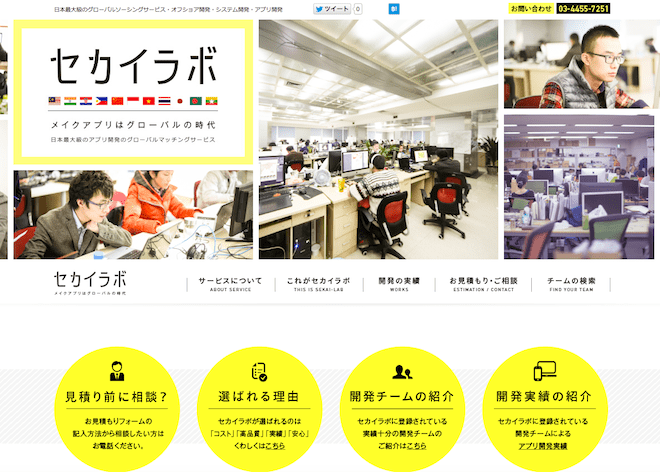
See the original article in Japanese
There are more cloud tools than ever available to support small scale or personal businesses. In Japan such services include things like Evernote, Talknote, Github, and Qitta. But for many small businesses, there’s a bottleneck in areas like accounting, and it is inevitable that freelancers and small businesses must handle such work slowly and carefully. But Tokyo-based Money Forward, the startup behind the personal accounting app of the same name, has a solution that might work for them.

On January 27th, Money Forward released its official version of “Money Forward Kakutei-shinkoku” (Kakutei-shinkoku is Japanese for “filing the final tax return”) and “Money Forward for Business”.
The basic plan for “Money Forward Kakutei-shinkoku” for personal users is free, and with a paid plan at 800 yen ($8) per month for those who want to enter more than 15 items a month. “Money Forward for Business” is available for free for the first 45 days, and users who want to continue the service need to pay 1800 yen ($18) per month.
A variety of features, including online communication with tax accountants, will be added later.
One of the most remarkable features of the app is that it can automatically acquire data from a bank account at over 1400 financial institutions. Based on past records, the app helps automatically add tags to entries. The goal is to dramatically improve the process of creating reports, including things like cash flow statements and financial statements.

By automatization data entry and journalizing, the app makes your accounting work much more efficient.
CEO Yosuke Tsuji told us that his company plans to tie up with other services like iPad POS systems, and other departments that deal with employees’ salary and attendance, aiming to reduce manual work.
In Japan, more and more small e-commerce sites are emerging, through e-commerce platforms like Base and Stores.jp. It’s logical to assume that there will be more C2C transactions in the future. It is exciting to picture the whole accounting processes taken care of with cloud accounting apps.

According to Tsuji, a few thousands of people have used the test version of the app. He says that around 12% of Money Forward users say that they would want to use Money Forward for Business too.
When I visited their new office recently, I found that the developer team had expanded to over 20 members. I asked Tsuji about the recruiting process and what kind of qualifications he is looking in new members.
We have six-person recruiting team. For engineers, we are often referred to a new engineer by engineers that we know. Good engineers tend to be connected with each other. We are looking for someone good at teamwork, with the right skills and an interest in our service.
The team has to figure out how to evolve the product based on user feedback. In order to establish its priorities, members need to share the company’s vision and values. Tsuji adds that it is very important to grow a positive culture within the company.
In order to be a sort of infrastructure in the future, Money Forward will be expected not only to provide good products at reasonable prices, but also to make contributions to public good through their service.








































































